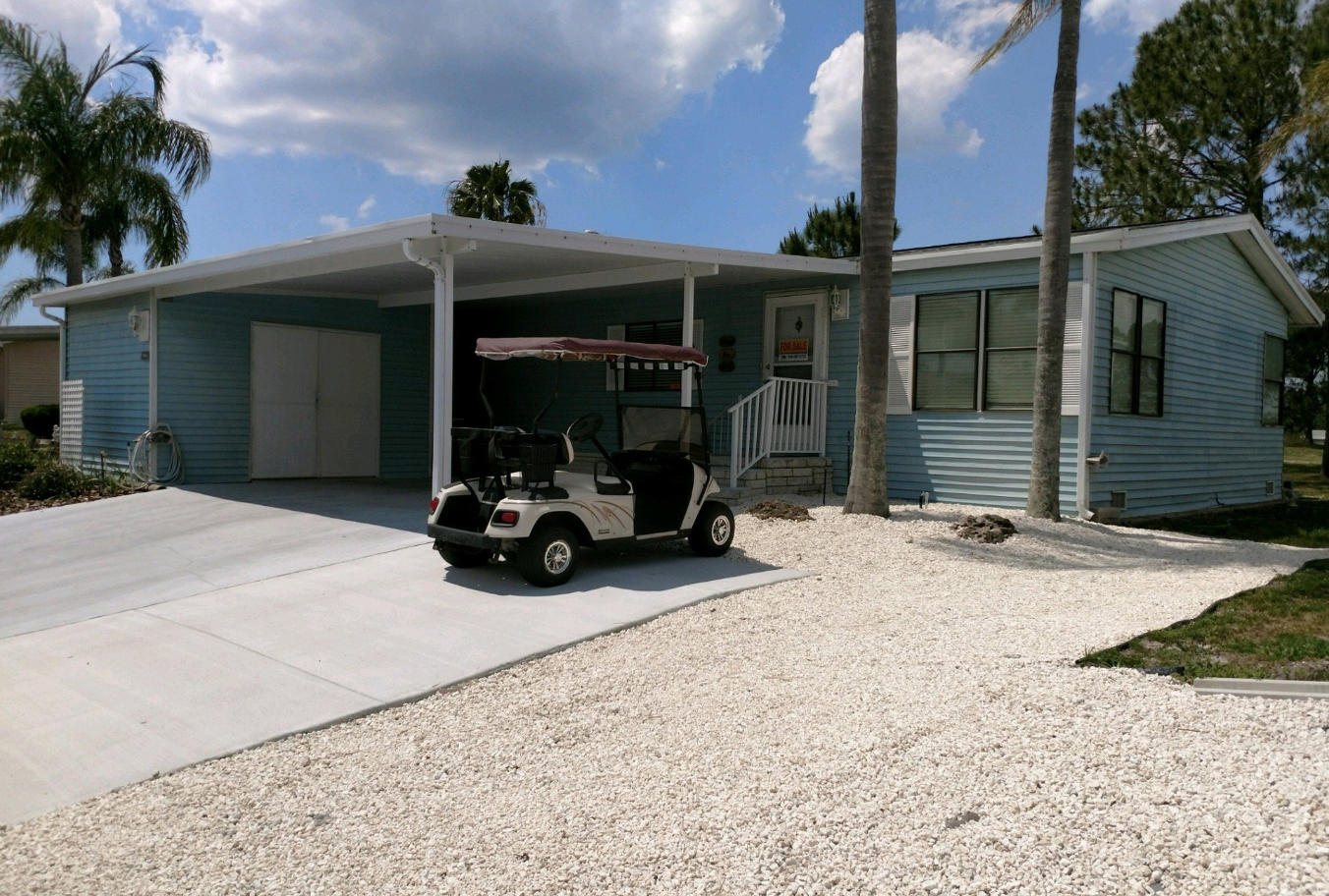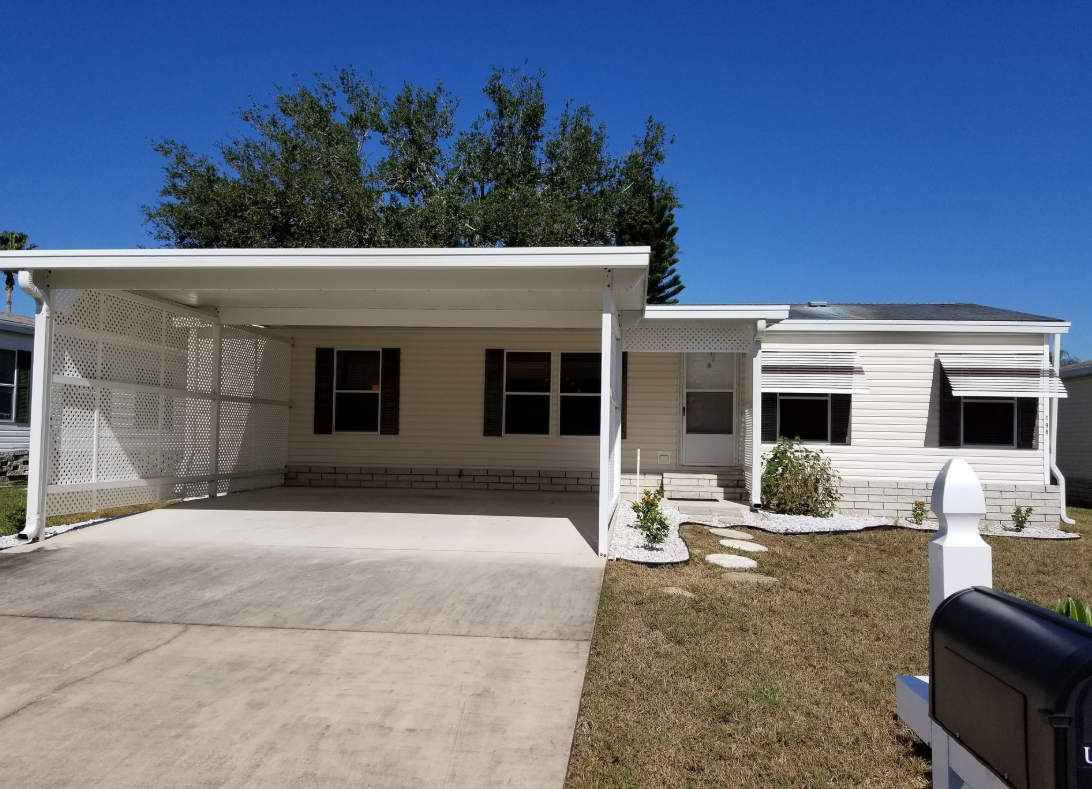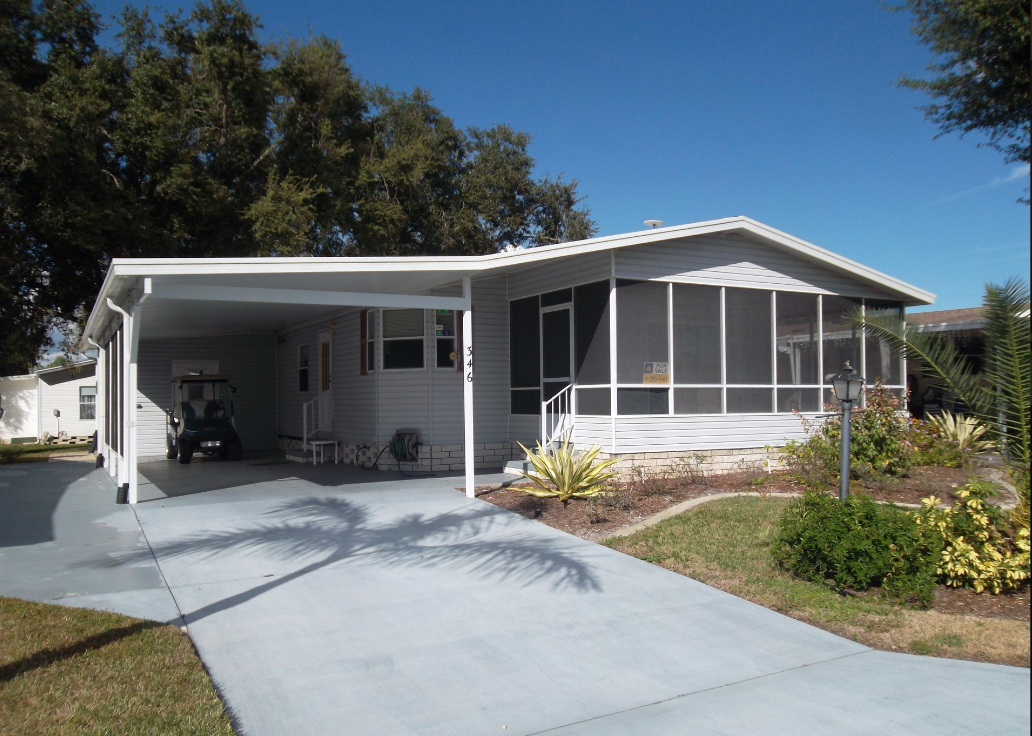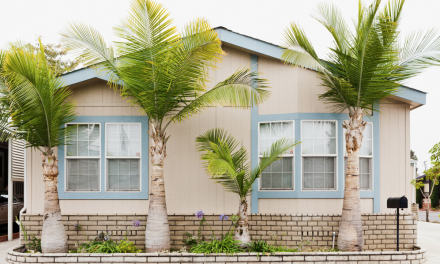Question:
“My park management is changing some of its rules. I’ve been a resident for several years now. Is it possible for long-term residents like myself to be grandfathered in under the park’s older rules?”
-Peter F. (67), resident, Modesto, CA
Answer:
It depends.
In some cases, parks may have provisions that allow long-term residents to be “grandfathered in” under older rules and policies. These provisions are often intended to provide stability and security for residents who have made significant investments in their homes. As such, these provisions often reflect financial considerations, such as lease terms and rent control.
For minor policies, like park amenities or policies regarding pets, it’s less common for long-term residents to be exempted from changes the park may issue. Again, this can vary between parks and jurisdictions, but generally, parks are not obligated to make these kinds of exceptions for residents.
In California, a park must provide residents with a six-month notice of any major changes to its preexisting policies. Similarly, a 60-day notice is required for smaller policy changes, such as rules relating to the park’s recreational facilities like swimming pools or clubhouses. Additionally, the park must confer with residents upon request to discuss these changes, although the park is not obligated to accept resident suggestions or requests.
With that said, a park that values its long-term residents may be willing to make special exceptions if certain policy changes would make a resident’s continued residency especially difficult. It is worthwhile to reach out to your park management and explain your concerns regarding specific changes to see if arrangements can be made that will mutually help you and your community.
Overview:
- Generally most residents are not exempt from park rule changes.
- Some parks may be willing to make exceptions for long-term residents.





